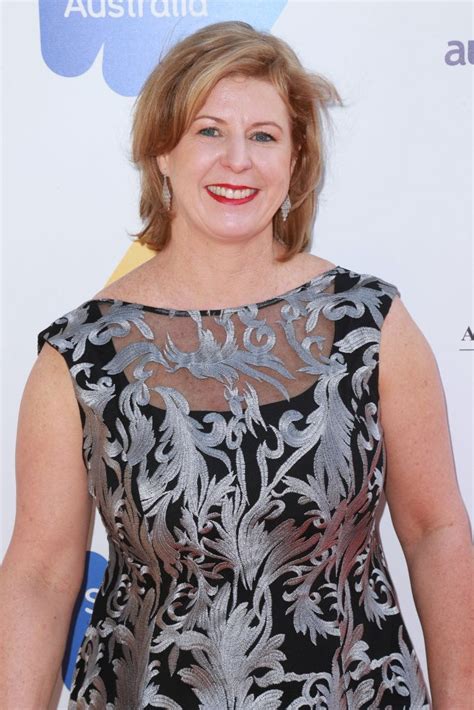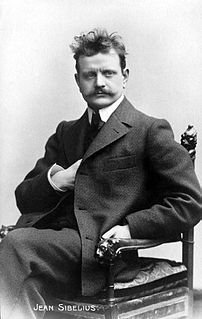A Quote by Lydia Davis
Ordering is difficult. It's like arranging pieces of music in a concert: What do you put first? What do you put after the intermission? I want the reader to be sort of surprised, to come to each story freshly.
Related Quotes
The first rule is you have to create a reality that makes the reader want to come back and see what happens next. The way I tried to do it, I'd create characters that the reader could instantly recognize, and hopefully bond with, and put them through situations that keep the reader on the edge of their seat.
I'm often surprised by classical music and musicians. I've met a large number of them because my wife works for the Boston Symphony, and I'm in that world a lot now. I'm surprised at how difficult it is for people who are classically trained to read music or to memorize music, how difficult it is for them to improvise, to just go off and play. It's sort of, it's like terra incognita. They just, (makes noise) they don't get it.
At every concert I leave a lot to the moment. I must have the unexpected, the unforeseen. I want to risk, to dare. I want to be surprised by what comes out. I want to enjoy it more than the audience. That way the music can bloom anew. It's like making love. The act is always the same, but each time it's different.
So what's happening with the audio/visuality, for the first time we are doing the music - the people who would come to the concert love the music - they loved him and loved his music - for the first time in concert it's not only the music. Now it's time to know the man. We know the music, but what was the man like?
Early love is exciting and exhilarating. It's light and bubbly. Anyone can love like that. But after three children, after a separation and a near-divorce, after you've hurt each other and forgiven each other, bored each other and surprised each other, after you've seen the worst and the best-- well, that sort of love is ineffable. It deserves its own word.
One of the ways in which writers most show their inventiveness is in the things they tell us about how they write. Generally speaking, I don't like to make a plan before I've written a story. I find it kills the story - deadens it, makes it uninteresting. Unless I'm surprised by something in a story, the reader's not going to be surprised either.
The writer's job, after all, is not to dictate meaning, but to give the reader enough pieces to create his or her own satisfying meaning. The story is truly finished—and meaning is made—not when the author adds the last period, but when the reader enters the story and fills that little ambiguous space, completing the circuit, letting the power flow through.







































